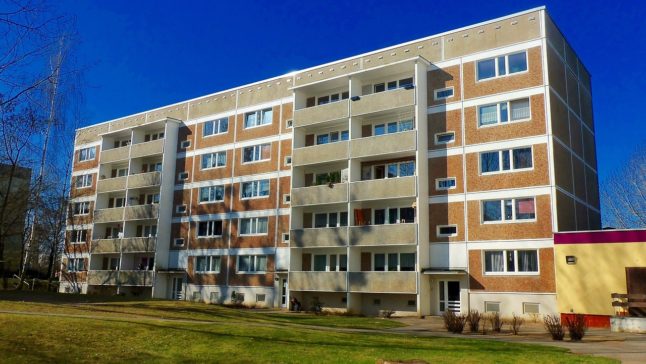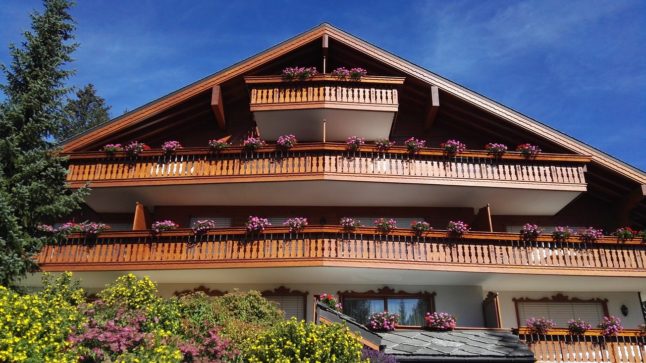In the last three months of 2023, single-family homes had become cheaper, but people purchasing apartments had to pay more, according to the analysis carried out by Raiffeisen bank.
Specifically, prices for single-family homes fell by one percent in the last quarter of 2023 when compared to the previous months, the bank said on Wednesday.
In contrast, condominium prices increased by 1.7 percent during the same period.
Overall, houses cost 2.2 percent more, and the price of apartments rose by 5.9 percent.
Regional differences
When it comes to prices, geographical variations play a major role.
While prices for condominiums rose across Switzerland, particularly in the central part of the country (+13.5 percent) and Zurich (+9.6 percent), the picture for single-family homes is more mixed.
In 2023, prices went up by 7.9 percent in the traditionally expensive Lake Geneva region, and by 6.3 percent in central Switzerland.
On the other hand, in Zurich, as well as in southern and northwestern Switzerland, they fell by about half a percent.
What can you expect, in terms of property prices, in 2024?
According to Houzy, a Zurich-based home ownership platform, most real estate experts currently assume that Switzerland’s market will stabilise at a high price level, but not significantly increase.
In the best-case scenario, they could even fall slightly.
READ ALSO: Are Swiss house prices set to fall in 2024?



 Please whitelist us to continue reading.
Please whitelist us to continue reading.
Member comments